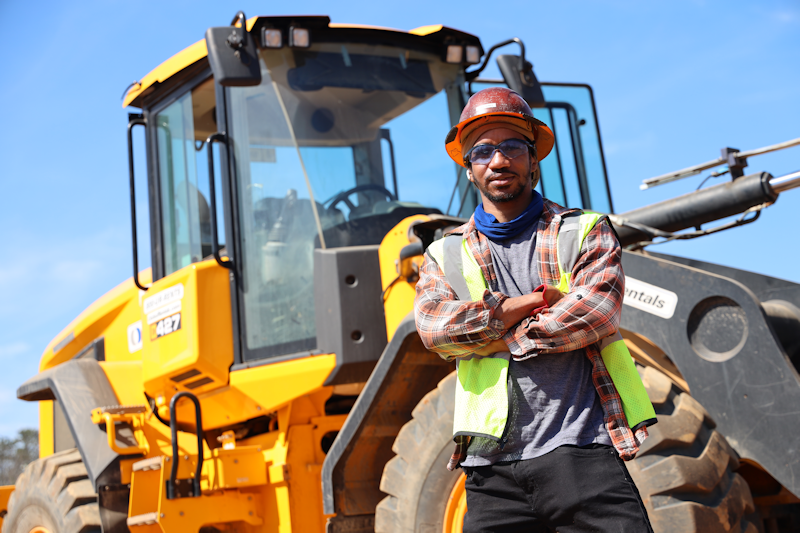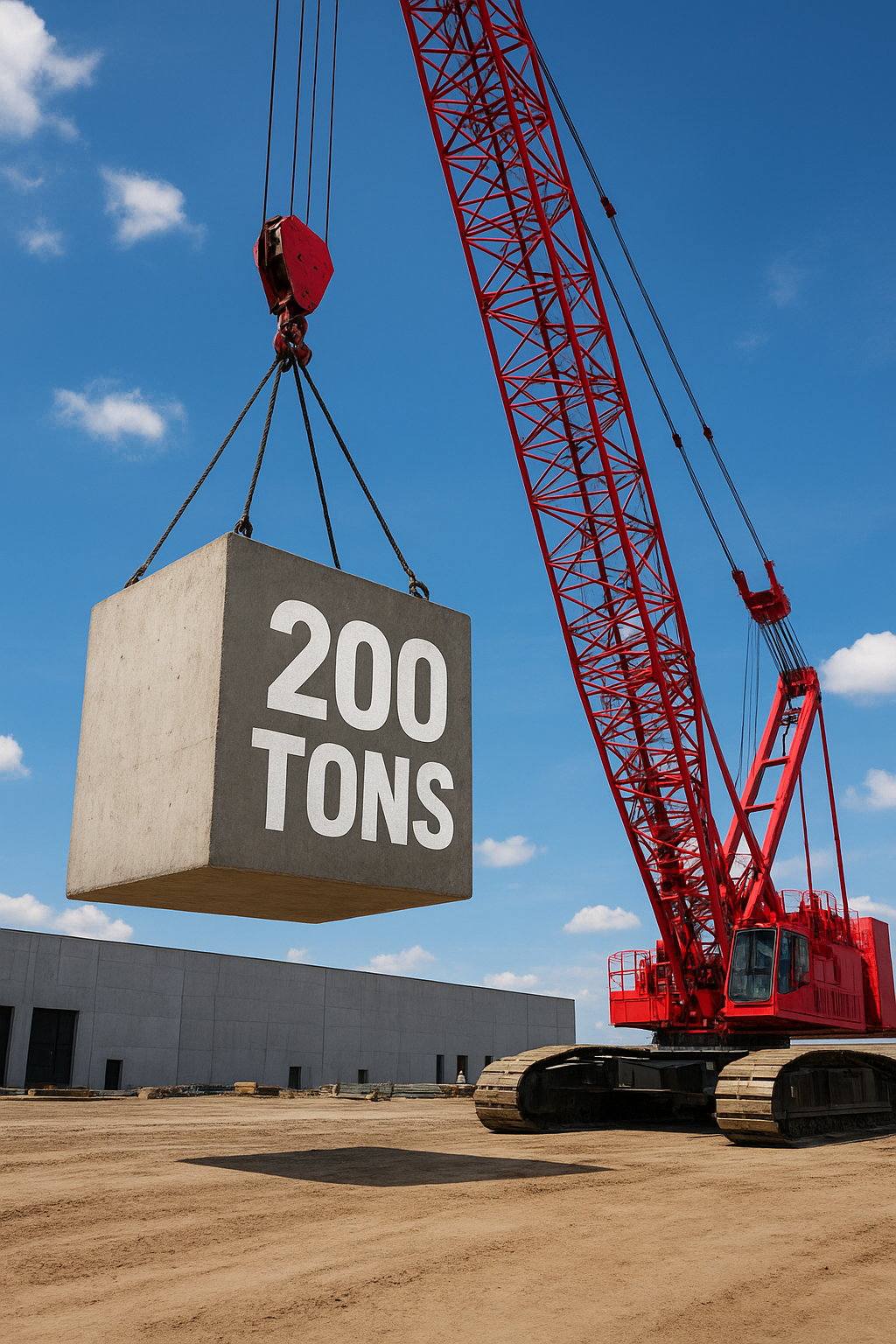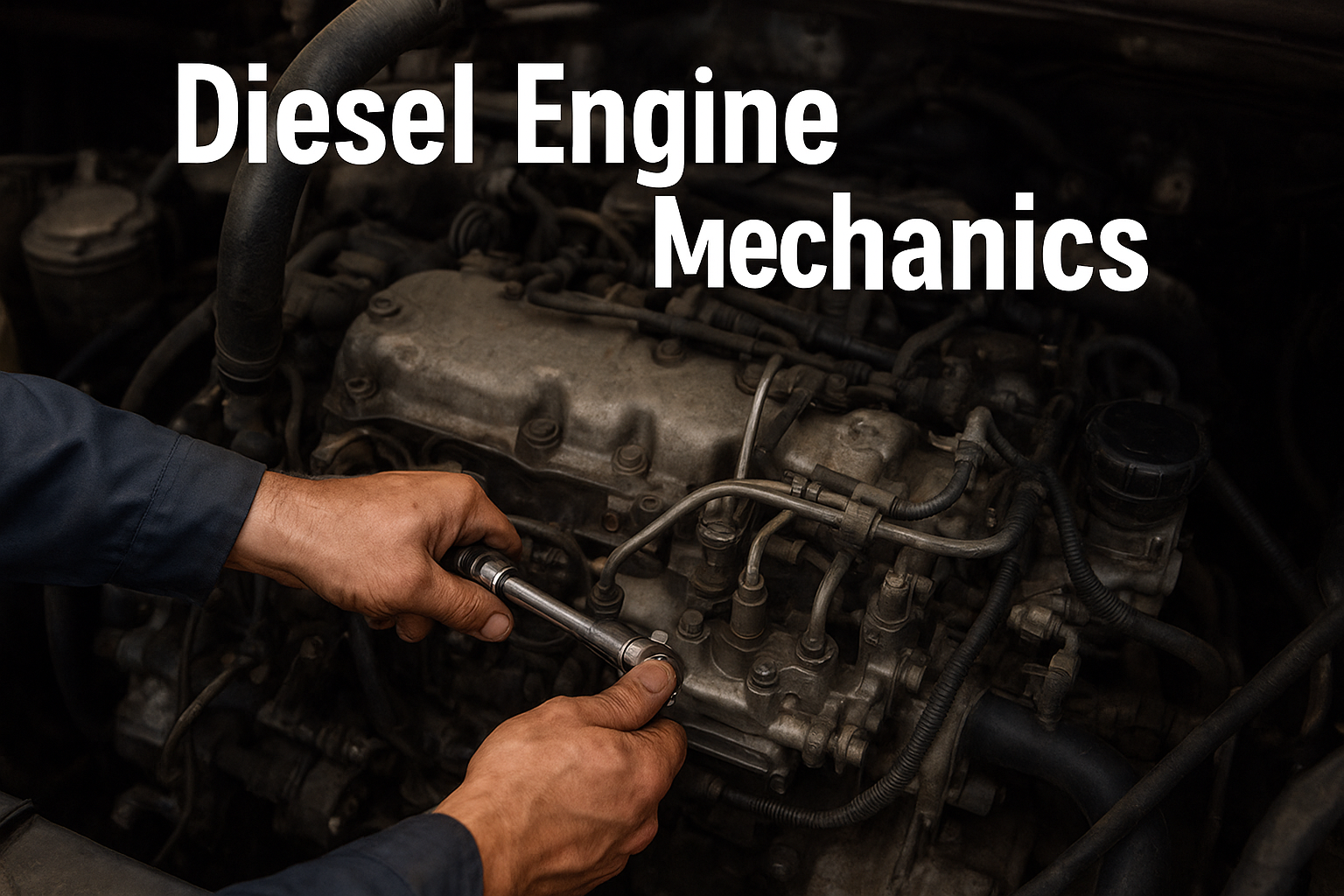Power Up Operate Heavy Machines: Unlock Heavy Machine Operator Life
Operating a heavy equipment machine isn’t just for people with connections or those born into construction families. It’s a skill – and skills can be learned.
Whether you’re in your 20s figuring out your path, in your 30s seeking better pay, or even in your 40s or 50s craving a new challenge, the world of heavy equipment is open to you.
What Is Heavy Equipment Operation, Really?
Heavy equipment operation means handling big, powerful machines like:
• Excavators – for digging and demolition
• Bulldozers – for pushing dirt and clearing land
• Graders – for leveling surfaces
• Cranes – for lifting heavy loads
• Backhoes, Wheel Loaders, Trailers, Dump Trucks – the list is long
Your job? Learn how to control them safely, accurately, and confidently.
You’re not just pushing buttons and pulling levers. You’re becoming part of the backbone of construction, mining, road works, and even disaster response.
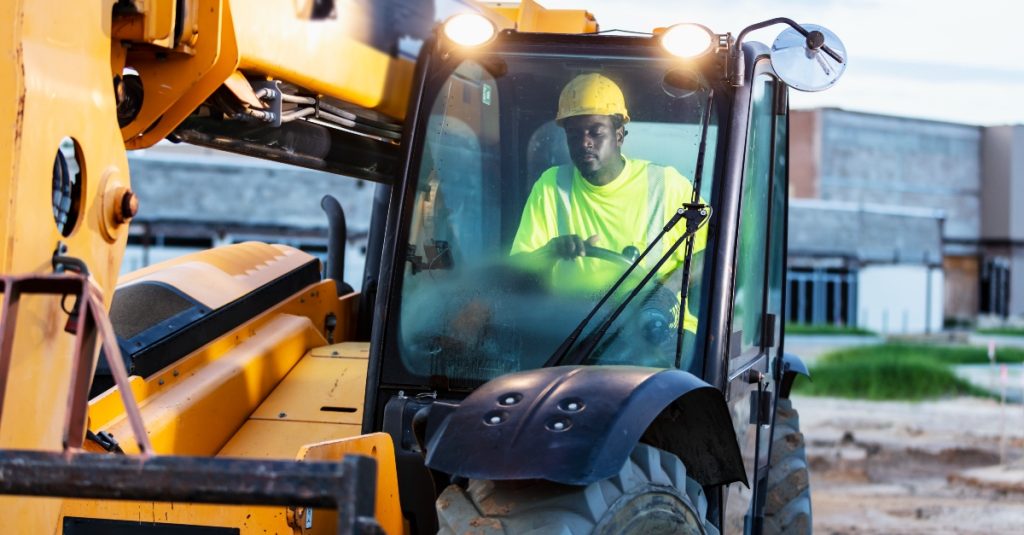
Why Should You Learn Heavy Equipment Operation?
Here’s the truth you will learn:
Skilled operators are in demand everywhere.
Uganda, South Sudan, Congo, Rwanda – you name it. Roads are being built. Cities are expanding. Farms are growing. And every single one of those developments needs you – the operator.
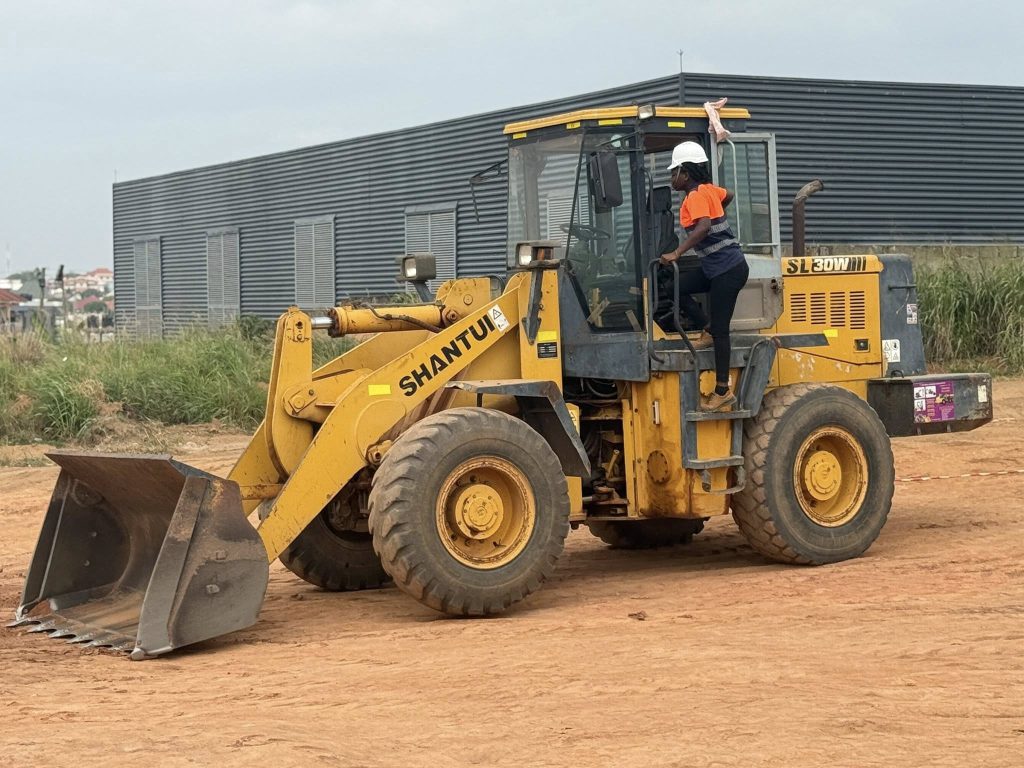
Here’s what’s in it for you:
• Good Pay – With experience, you can earn from approximately UGX 900,000 to UGX 3,000,000+ monthly
• Valuable Skill – Once you learn, it’s yours for life
• Travel Opportunities – Projects in different regions, sometimes even abroad
• Career Growth – You can specialize, train others, or become a site supervisor
• Hands-On Work – You don’t sit at a desk all day
Step-by-Step: How to Become an Operator
You’ll learn and attain more in this article.
Step 1: Choose Your Machine
Start by identifying what excites you. Do you want to dig like an excavator? Push like a dozer? Lift like a crane?
You don’t have to know everything from day one. Pick one. Start there.
Step 2: Enroll in a Training School
What a Good School Should Offer:
• Hands-on machine practice (not just theory)
• Certified instructors
• Safety training
• Job placement support
At Next Gen Institute of Technology, we’ve trained people from Uganda, Rwanda, South Sudan, DRC – you name it. And they’re now employed on roads, mines, and farms.
Types of Machines You Can Learn
Machine Type What It Does Where It’s Used
| Machine Type | What It Does | Where It’s Used |
| Excavator | Digs trenches, demolishes | Construction, mining |
| Bulldozer | Pushes earth | Road works, farming |
| Grader | Levels surfaces | Road grading |
| Wheel Loader | Lifts and moves materials | Construction sites |
| Crane | Lifts heavy items | Construction, shipping |
Step 3: Learn Safety First
Heavy machines can be dangerous. But you know what makes them safe?
A well-trained operator.
You’ll learn:
• How to inspect your machine before use
• Emergency stop procedures
• How to communicate with your ground crew
• Signals, rules, and PPE (personal protective equipment)
This step saves lives – yours and others’.
Step 4: Practice the machine
Machines become your second language. The more you train, the more you master:
• Smooth control
• Avoiding accidents
• Fuel management
• Completing tasks efficiently
The Operator’s Learning Curve
Beginner ➡️ Learns controls
Intermediate ➡️ Executes basic tasks
Pro ➡️ Works on tight spaces, tough grounds
Expert ➡️ Trains others, manages machines
How Long Does It Take?
Most operator courses take between 1 to 6 weeks, depending on:
• The number of machines you’re learning
• The hours you put in
And guess what? You don’t need a university degree. You just need focus, discipline, and commitment.

